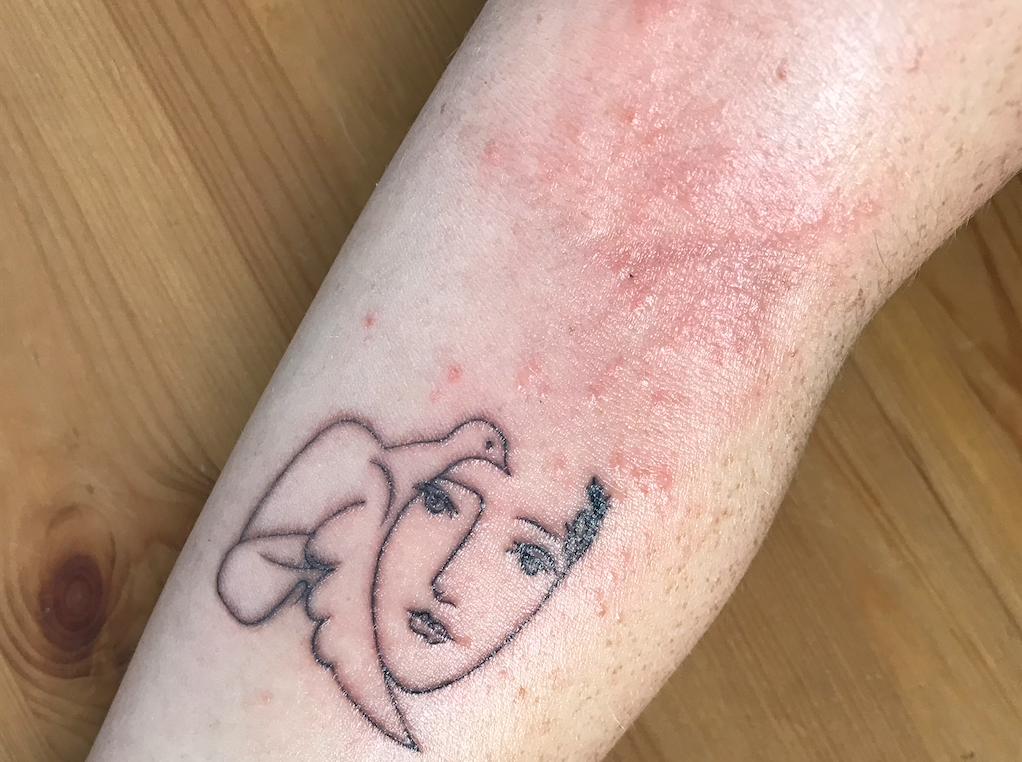
How to choose a tattoo ink for hypoallergenic skin?
If you have sensitive skin, it is especially important to choose the right ink for you. This article will discuss how to choose ink suitable for sensitive skin and how to deal with allergic reactions caused by tattoo ink.

How to choose ink suitable for sensitive skin?
When choosing a suitable ink for sensitive skin, consideration should be given to the ink color: fragrance-free, dye-free tattoo ink. The Tattoo Ink should be plant-based rather than synthetic to reduce irritation to sensitive skin.
If you are concerned that ink may cause an adverse reaction, consult your tattoo artist for a list of ink ingredients. Then contact your dermatologist to determine if there are any ingredients that are high-risk factors for tattoo allergies.
The tattoo artist can suggest a test spot behind the ear to see if you have a reaction. If you have done a patch test beforehand, it is best to wait a week as an allergic reaction may not appear immediately.

Safety Data Sheets (SDS) or Material Safety Data Sheets (MSDS) are a series of legally required documents that all manufacturers, including tattoo ink companies, must present when using compounds. If a chemical poses a health and safety hazard, you will find this information in the MSDS. The MSDS contains information about each chemical, including physical and environmental hazards, safety handling, storage and transportation precautions for chemicals.
How to deal with allergic reactions caused by tattoo ink?
Allergy reactions caused by ink is a very common problem, which can cause serious harm to the body. The problem lies in the nature of the ink, the quality of the skin or other allergies. This can lead to skin redness, itching, itching, and even ulceration. If an allergic reaction occurs, you should immediately stop using the ink and seek medical attention immediately.
You should check the ingredients of the tattoo ink to see if there are any ingredients that may cause an allergic reaction. If you find any ingredients that may cause an allergic reaction, then you should avoid using that ingredient, or you can try using a safer ink. Anti-inflammatory and anti-allergy drugs can be used to reduce symptoms.

Tattooing is a popular form of art, but if you have sensitive skin, it becomes even more important to choose the right ink for you. Therefore, when choosing ink for sensitive skin, you should consider the color of the ink, the depth of penetration into the skin, the material and quality. If an allergic reaction occurs, tattooing should be stopped immediately and medical attention should be sought immediately.










